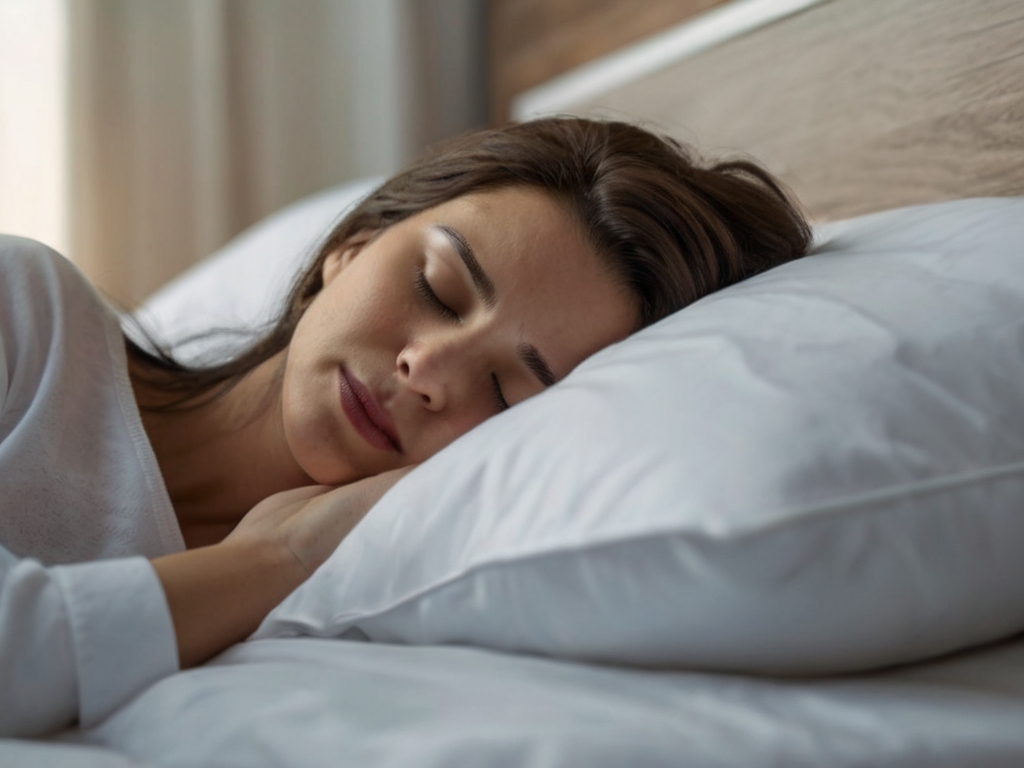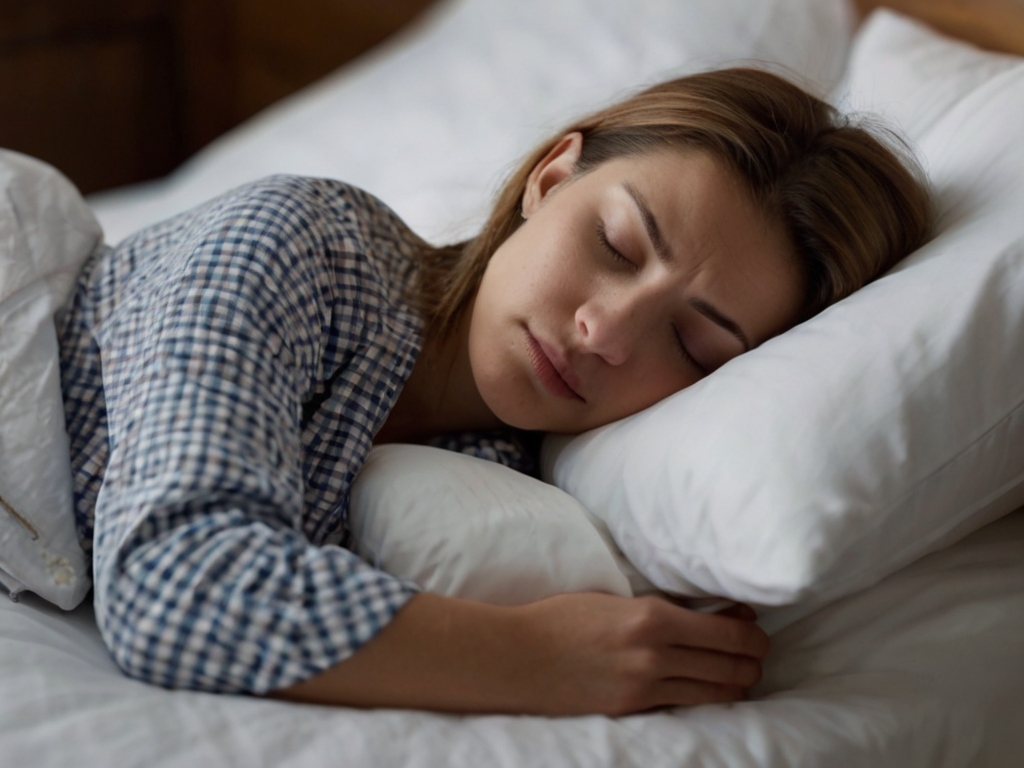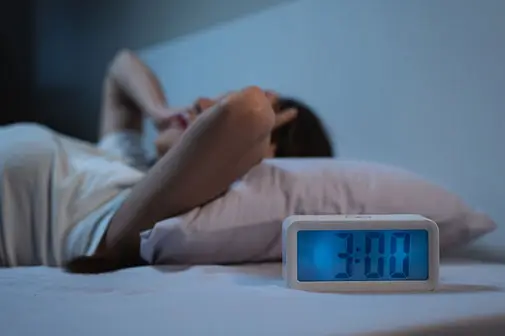
In today’s fast-paced world, achieving optimal sleep quality has become increasingly challenging. From hectic work schedules to the omnipresence of digital screens, many factors contribute to disrupted sleep patterns. As a result, the demand for sleep-tracking devices has surged in recent years. These innovative gadgets promise to monitor sleep metrics and provide insights into one’s sleep patterns. But amidst the hype, a critical question emerges: Do sleep tracking devices truly enhance sleep quality, or do they inadvertently disrupt our circadian rhythms?
Exploring the Benefits of Sleep Tracking Devices
Improving Sleep Hygiene
Sleep tracking devices offer users a comprehensive overview of their sleep patterns, including duration, quality, and disturbances. Armed with this data, individuals can make informed decisions to optimize their sleep environment and routines. By identifying factors that disrupt sleep, such as excessive noise or light exposure, users can take proactive measures to improve their sleep hygiene.
Personalized Insights
One of the most compelling features of sleep-tracking devices is their ability to provide personalized insights. Through advanced algorithms and data analysis, these devices can discern patterns in sleep behavior and offer tailored recommendations. Whether it’s adjusting bedtime routines or experimenting with different sleep environments, users can leverage these insights to optimize their sleep quality.

Facilitating Sleep Disorders Management
For individuals struggling with sleep disorders such as insomnia or sleep apnea, sleep-tracking devices can be invaluable tools. By monitoring key metrics such as heart rate and respiratory patterns, these devices can detect potential symptoms and alert users to seek medical intervention. Moreover, by tracking the effectiveness of treatment strategies, sleep-tracking devices empower users to take control of their sleep health.

Addressing Concerns: Do Sleep Tracking Devices Disrupt Circadian Rhythms?
While sleep tracking devices offer numerous benefits, concerns have been raised regarding their potential impact on circadian rhythms. Some critics argue that the constant monitoring and feedback provided by these devices may exacerbate sleep anxiety and disrupt natural sleep cycles. Additionally, the exposure to artificial light emitted by the devices’ screens may interfere with the body’s production of melatonin, a hormone crucial for regulating sleep-wake cycles.
Conclusion: Striking a Balance
In conclusion, sleep-tracking devices have emerged as powerful tools for improving sleep quality and promoting sleep awareness. By providing users with actionable insights and personalized recommendations, these devices empower individuals to take control of their sleep health. However, it’s essential to strike a balance between utilizing these devices’ benefits and mitigating potential drawbacks. As technology continues to evolve, so too will our understanding of sleep and the role of sleep-tracking devices.

It’s My Mission To Help 100,000 People
Enjoy The Restful Sleep They Deserve. Click here

